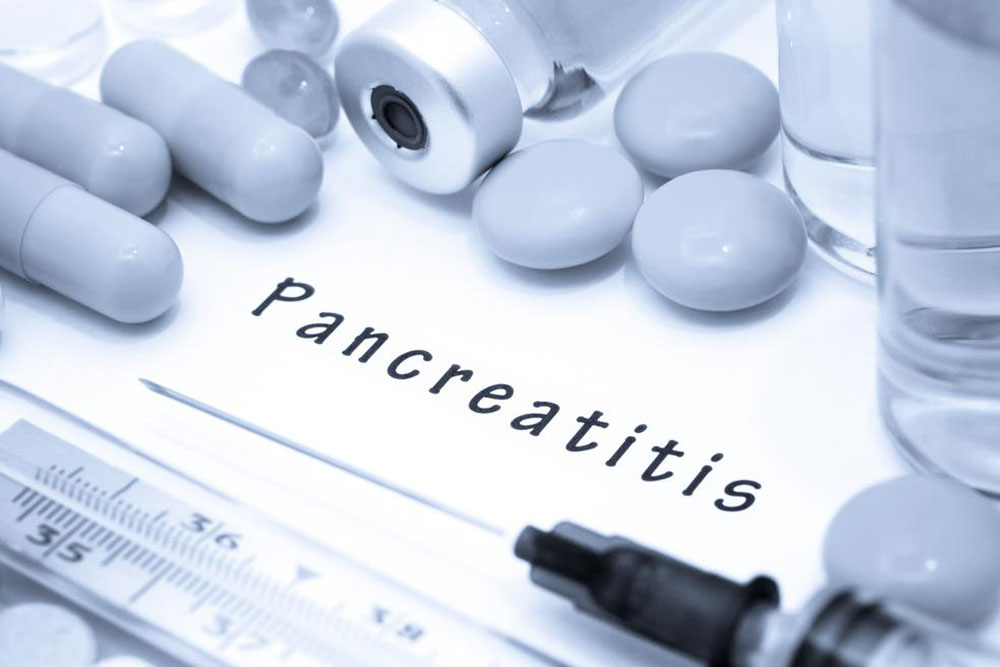Understanding Colitis: Symptoms and Management Strategies
Discover essential insights into colitis, including its symptoms, causes, and management strategies. Learn how accurate diagnosis and proper lifestyle choices can improve outcomes. This guide emphasizes symptom recognition, treatment options, and preventive measures for effective colitis care.

Understanding Colitis: Symptoms and Management Strategies
Colitis refers to inflammation of the colon, also called the large intestine. This condition presents a variety of symptoms depending on the individual and the type of colitis, such as microscopic, ischemic, inflammatory bowel disease-related (ulcerative colitis or Crohn’s disease), chemical, pseudomembranous, or infectious forms like bacterial or parasitic food poisoning. Accurately diagnosing the specific type is essential for effective treatment. Recognizing key symptoms enables timely medical consultation and proper management.
Recognizing colitis symptoms
Commonly, colitis symptoms include diarrhea and abdominal discomfort.
Pain from inflammation
Colon inflammation causes muscle spasms, resulting in cramping or colicky pain that may fluctuate. This discomfort often occurs in the lower abdomen but may happen anywhere along the colon. The condition also impairs water reabsorption, leading to frequent watery stools.
When the colon lining inflames or ulcers develop, bleeding may occur. Ulcerative colitis specifically causes small ulcers that bleed.
Pain related to diarrhea
Pain often intensifies before bowel movements, especially when the distal colon (sigmoid and rectum) is involved. Symptoms may improve temporarily after passing stool but recur with subsequent episodes. Urgency to evacuate is also common.
Additional symptoms vary by cause and may include:
Chills
Fever
Fatigue
Malaise
Dehydration
Management and treatment options for colitis
Treatment depends on the type and severity of colitis. Mild cases often require symptom management, including medications for pain relief and fluids to support bowel rest. Severe cases may need intravenous fluids and, in some instances, surgery.
Ischemic colitis: Supportive care with IV fluids is primary initially. Surgery may be necessary for tissue necrosis or lack of blood flow.
Infectious colitis: Viral infections usually resolve with hydration. Bacterial causes like salmonella often clear on their own, while infections such as Clostridium difficile require targeted antibiotic or anti-inflammatory treatment.
Inflammatory bowel disease: Anti-inflammatory drugs are first-line treatments; if ineffective, immune suppressants or surgery might be needed.
Diet and lifestyle considerations
A healthy diet can significantly reduce flare-ups and alleviate symptoms. Avoid fatty, fried, or greasy foods, as well as high-fiber items like nuts, seeds, and popcorn during flare-ups. Limiting or avoiding dairy products containing lactose is advisable for those lactose intolerant; lactose-free options are better tolerated. Maintaining overall health by monitoring conditions like blood pressure, diabetes, and cholesterol, and quitting smoking, helps prevent colitis development and complications.
Note:
The information on this site aims to provide helpful insights across various health topics. While research and data are carefully compiled, it should not replace professional medical advice. Readers are encouraged to consult healthcare providers for diagnosis and treatment. The site is not responsible for discrepancies or updates outside its scope, and some offers or schemes may vary.










